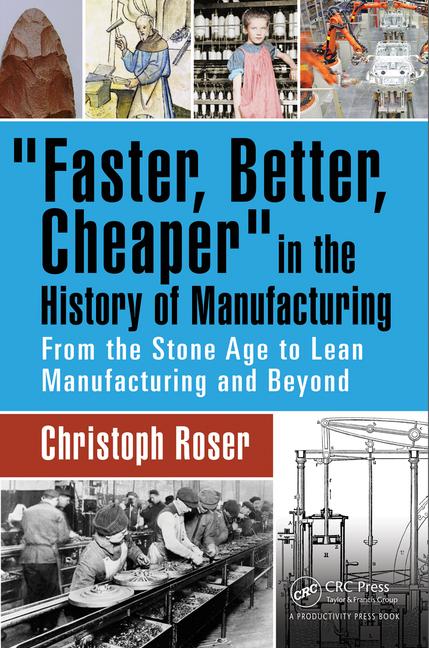On November 13th, 2024, a letter written by the President of the UAW, Shawn Fain was posted to the UAW's social media account, X. In the letter, Fain emphasizes the union's mission beyond politics stressing that the United Auto Workers (UAW) faces a pivotal moment. The election results, which granted Donald Trump another term, have sparked discussions across the UAW and the broader labor movement. UAW President Shawn Fain reaffirmed the UAW’s commitment to the working class, regardless of the political landscape. In the letter, Fain highlights the union’s dedication to its core mission: raising the standard of living for workers through unity, solidarity, and working-class power.
Fain makes it clear that the union is committed to advocating for its members and the working class as a whole, regardless of who occupies the White House. “The People Have Spoken,” he acknowledges, affirming the democratic process. Yet, for the UAW, this election result doesn’t alter the mission that guides its members and leadership alike.
The UAW’s message underscores a longstanding critique of corporate America, holding both political parties accountable for what the union perceives as a "one-sided class war" that has impacted American workers for decades. Fain emphasizes that the union’s commitment is to workers and their rights—not to any political figure or party. This balanced approach speaks to the union’s resolve to protect its members from the influence of corporate interests that often overshadow workers’ needs and concerns.
As the UAW moves forward, Fain outlines key principles that remain at the heart of the union’s mission. The UAW stands firmly for:
- Bringing back American jobs: Opposing the offshoring of jobs and working to bring employment back to American soil.
- Renegotiating the USMCA trade deal: Pushing for fairer terms to benefit American workers.
- Holding corporations accountable: Confronting companies that fail to honor their commitments to workers.
In addition, Fain reiterates the UAW’s enduring opposition to divisive tactics, whether based on nationality, race, or gender, as well as its resistance to policies that benefit the ultra-wealthy at the expense of crucial federal investments.
Fain’s letter continues with a list of specific objectives aimed at protecting and improving the lives of UAW members. The union’s priorities include stopping plant closures and the outsourcing of jobs to low-wage countries, putting an end to what he calls “the race to the bottom,” and advocating for fair compensation and security for all workers. In a world where blue-collar jobs are often vulnerable to cost-cutting measures by corporations, the UAW is steadfast in its mission to protect workers' financial and personal well-being.
“Our mission is to ensure a secure retirement, a living wage, adequate healthcare, and work-life balance for every one of our members, and every member of the working class,” Fain declares, a statement that speaks directly to the aspirations and concerns of UAW members across the country.
In the face of corporate greed and a political system that, in Fain’s words, frequently “ignores us,” the UAW continues to draw inspiration from its foundational values. Citing the UAW Constitution, Fain recalls the union’s guiding purpose: “the hope of the worker in advancing society toward the ultimate goal of social and economic justice.” This goal transcends the immediate challenges of any single election or political administration.
Fain’s message encourages UAW members to participate in the political process at all levels of government, reinforcing the idea that political action does not begin or end with presidential elections. “Every sector has an impact on every contract, every organizing drive, and every standard we win as a union,” he writes. From local government initiatives to federal legislation, each decision holds consequences for the union’s ability to negotiate and protect its members’ rights.
Through active engagement with their CAP (Community Action Program) representatives and CAP Councils, members can contribute to shaping policies that affect their livelihoods and ensure that their voices are heard. Fain’s appeal to the members emphasizes that the UAW belongs to them, and that their involvement is essential for driving the union’s mission forward.
In conclusion, Fain drives home that the UAW's mission remains focused on solidarity, resilience, and the pursuit of economic justice for American workers. Fain’s message is a call to action—a reminder that the union’s strength lies in its members’ unity and commitment to their shared values. While the political landscape may shift, the UAW’s purpose and principles remain steadfast. “This union belongs to you, and we want you to get involved today,” Fain concludes, extending an invitation to every member to stand together, united in their fight for a fairer and more equitable future for all.










